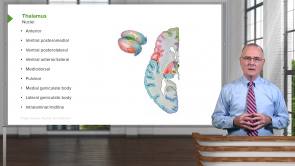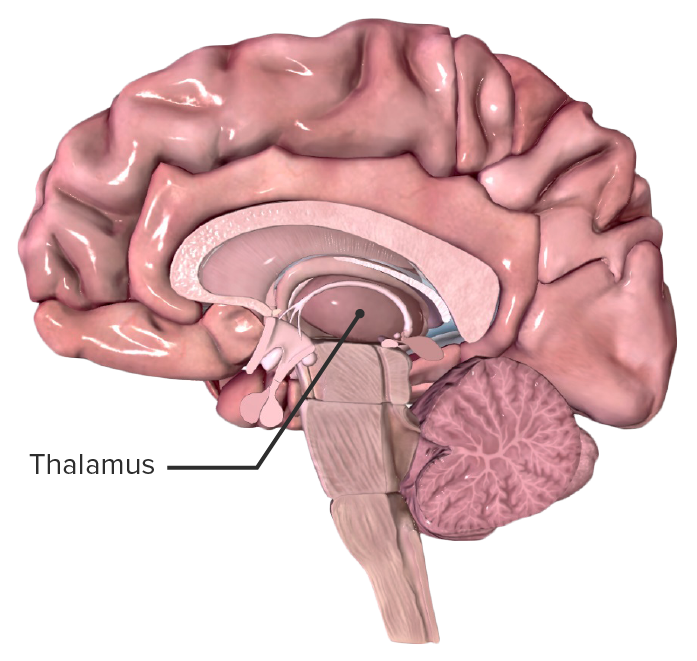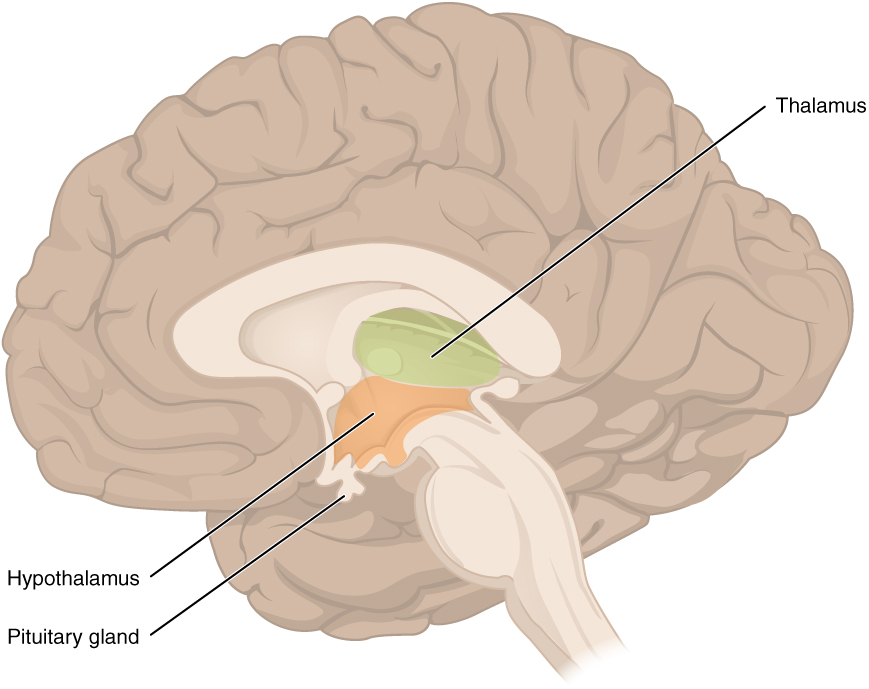Highly recommended
By Dianna A. on 27. March 2021 for Diencephalon
I really appreciate it, perfectly simple and interesting way of explanation
Great!
By Ashley C. on 04. March 2021 for Hypothalamus: Components and Functions
I really understood everything like if it was a brief summary of terms
Not so good
By João Vitor S. on 20. October 2018 for Diencephalon
The lecturer is mostly reading the slides.
The qbank could also be implemented with explanations about the alternatives.
es excelenete!
By Paola M. on 25. April 2018 for Hypothalamus: Components and Functions
Es un excelente profesor ya que es muy específico en la antomía, me gusta el sentido en el que va mencionando cada parte del organo y la función que cumple asi como sus patología so anomalias en cuestiones anormales
Good lectures
By Fabio C. on 01. February 2018 for Diencephalon
The descriptions where clear and comprehensive even to a non native english speaker like my self.
So frustrating to listen to this lecture!
By Mumingjiang M. on 04. December 2017 for Diencephalon
The instructor is poorly prepared. Anyone can read off of a slide. Didn't even make an effort to find better pictures of structures that are covered. And by the way: hypothesis and hypophysis are completely different things.
Excellent Summary of the Diencephalon!
By Bradley B. on 03. November 2017 for Diencephalon
Excellent summary of an otherwise challenging subject. Thank you Dr. Canby. Onward!
Diencephalon review
By Okechukwu V. on 27. October 2017 for Diencephalon
The questions were helpful, but the lecture was more of a recital.
There were no extra explanations, no little tips, no compare and contrasts, to aid and understanding and recall.
It was during the second or third time I was watching the hypothalamus that I realised that both medial nucei had to do with appetite regulation and satiety, and lesions could lead to hyperphagia; as opposed to the lateral, whose lesion had the opposite effect, ie starvation.
Same thing with posterior and anterior, which have opposing effects on thermoregulation. I had to really focus and repeat the lecture to spot that out. he could have highlighted such points during the lecture.






